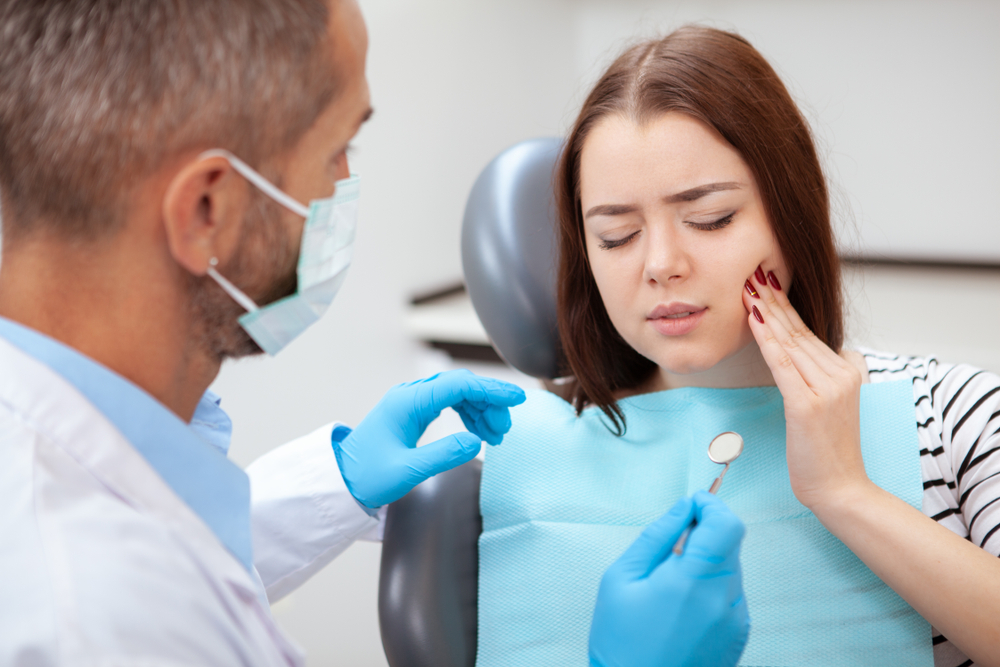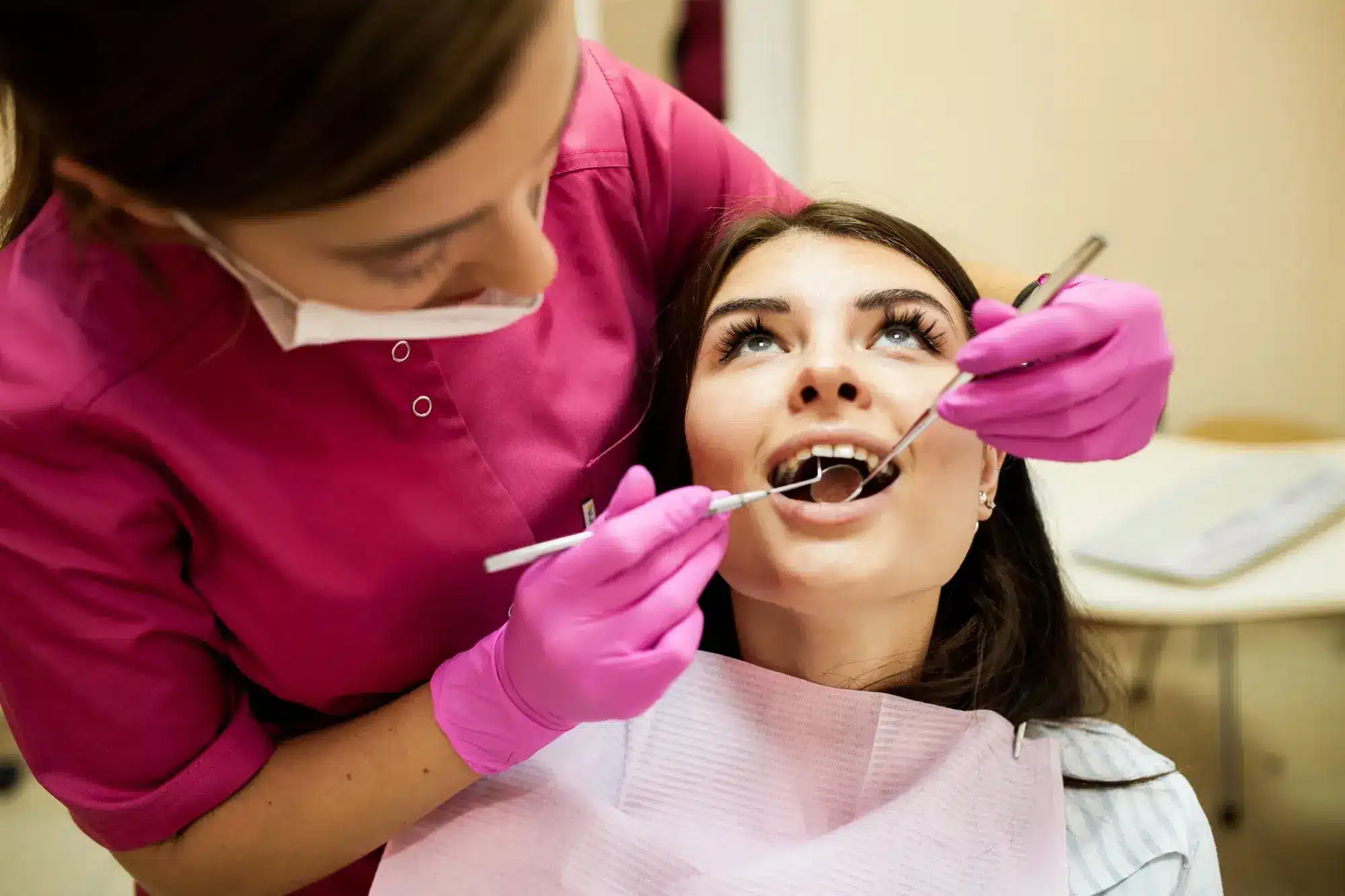Navigating Dental Emergencies: Quick Actions and Urgent Care

Strong 8k brings an ultra-HD IPTV experience to your living room and your pocket.
A radiant smile is a cornerstone of both personal confidence and overall well-being. While preventative dental care is essential, unforeseen dental emergencies can disrupt even the most meticulous oral hygiene routines. Knowing how to react swiftly and where to access immediate, reliable dental care is paramount in mitigating potential damage and preserving your oral health. This comprehensive guide delves into the common types of dental emergencies, provides step-by-step instructions for immediate action, and outlines effective strategies for locating and accessing emergency dental services.
Understanding the Spectrum of Dental Emergencies
Dental emergencies span a wide range of severity, from minor discomfort to potentially life-threatening infections. Early recognition and prompt intervention are crucial to minimizing pain, preventing complications, and ensuring optimal outcomes. Here are some of the most common dental emergencies requiring immediate attention:
- Severe Toothache or Sensitivity: A sudden onset of intense pain or heightened sensitivity to temperature extremes, particularly hot or cold, can signal underlying issues such as a deep cavity, a fractured tooth, or an abscess. These conditions require prompt professional evaluation to prevent further deterioration and potential infection.
- Traumatic Gum Injuries and Persistent Bleeding: Cuts, lacerations, or punctures to the gums, often resulting from accidents or sports injuries, can lead to significant bleeding and increase the risk of infection. Immediate action is necessary to control bleeding and prevent complications.
- Dislodged or Broken Dental Appliances: Loose or broken braces, retainers, or dentures can cause significant discomfort, irritation, and damage to surrounding tissues. Addressing these issues promptly is crucial to maintain proper alignment and prevent further complications.
- Facial or Jaw Swelling Accompanied by Fever: Swelling in the face or jaw, particularly when accompanied by fever, a foul taste in the mouth, or difficulty swallowing, is a strong indicator of a serious infection requiring immediate medical attention. Delaying treatment can lead to severe complications, including the spread of infection to other parts of the body.
- Knocked-Out or Partially Dislodged Teeth: A knocked-out tooth requires immediate action to maximize the chances of successful reimplantation. Time is of the essence, and prompt treatment can significantly improve the prognosis. Partially dislodged teeth also require immediate professional attention to prevent further damage.
- Lost Dental Fillings or Crowns: A lost filling or crown exposes the underlying tooth structure to bacteria and further decay. Prompt replacement is essential to prevent infection and maintain tooth integrity.
Immediate Action: Steps to Take During a Dental Emergency
Regardless of the specific nature of the dental emergency, taking immediate action can significantly minimize pain and prevent further damage. Here's a breakdown of essential steps to take:
- For Pain or Sensitivity: Rinse the mouth with warm salt water to soothe irritation and reduce inflammation. Avoid consuming extremely hot, cold, or sugary foods. Apply a cold compress to the affected area to alleviate pain and swelling.
- For Gum Injuries: Rinse the mouth with warm salt water and apply direct pressure to the bleeding area with clean gauze. If bleeding persists after 10-15 minutes, seek immediate professional care.
- For Loose Braces or Appliances: Avoid attempting to remove loose wires or brackets. Cover sharp edges with dental wax or cotton to prevent irritation. Contact your orthodontist immediately.
- For Facial or Jaw Swelling: Apply a cold compress to the affected area to reduce swelling. Seek immediate dental or medical attention, especially if accompanied by fever or difficulty swallowing.
- For Knocked-Out Teeth: Gently rinse the tooth with milk or saline solution, avoiding the root. Attempt to reinsert the tooth into its socket if possible. If not, store the tooth in milk or saline solution and seek immediate dental care.
- For Lost Fillings or Crowns: Apply temporary dental cement or sugarless chewing gum to cover the exposed area. Schedule an appointment with your dentist as soon as possible.
Locating and Accessing Emergency Dental Services
In a dental emergency, knowing where to find immediate and reliable care is crucial. Here's how to locate emergency dental services:
- Online Resources: Search online for "emergency dentist near me" or "24-hour dentist" to find clinics offering urgent care services.
- Local Dental Societies: Contact your local dental society for referrals to emergency dental providers in your area.
- Emergency Dental Apps: Utilize mobile apps that connect patients with local emergency dentists.
- Urgent Care Centers: If dental clinics are unavailable, urgent care centers can provide initial treatment or referrals to dental specialists.
- Hospital Emergency Rooms: For severe dental emergencies, such as facial trauma or severe infections, seek immediate care at a hospital emergency room.
Proactive Preparation: Minimizing the Impact of Dental Emergencies
While dental emergencies can be unpredictable, proactive preparation can significantly minimize their impact. Consider these strategies:
- Maintain a Dental Emergency Contact Card: Keep a card with emergency dentist contacts and after-hours numbers readily available.
- Ensure Adequate Dental Insurance Coverage: Verify that your dental insurance plan covers emergency treatment.
- Assemble a Dental First-Aid Kit: Keep a kit containing essential items such as dental wax, temporary filling material, antiseptic wipes, and pain relievers.
- Schedule Regular Dental Check-Ups: Regular dental visits can help prevent major dental issues that may require emergency intervention.
By understanding the common types of dental emergencies, knowing how to take immediate action, and being prepared to access urgent dental care, you can navigate unexpected situations with confidence and safeguard your oral health.
Note: IndiBlogHub features both user-submitted and editorial content. We do not verify third-party contributions. Read our Disclaimer and Privacy Policyfor details.



